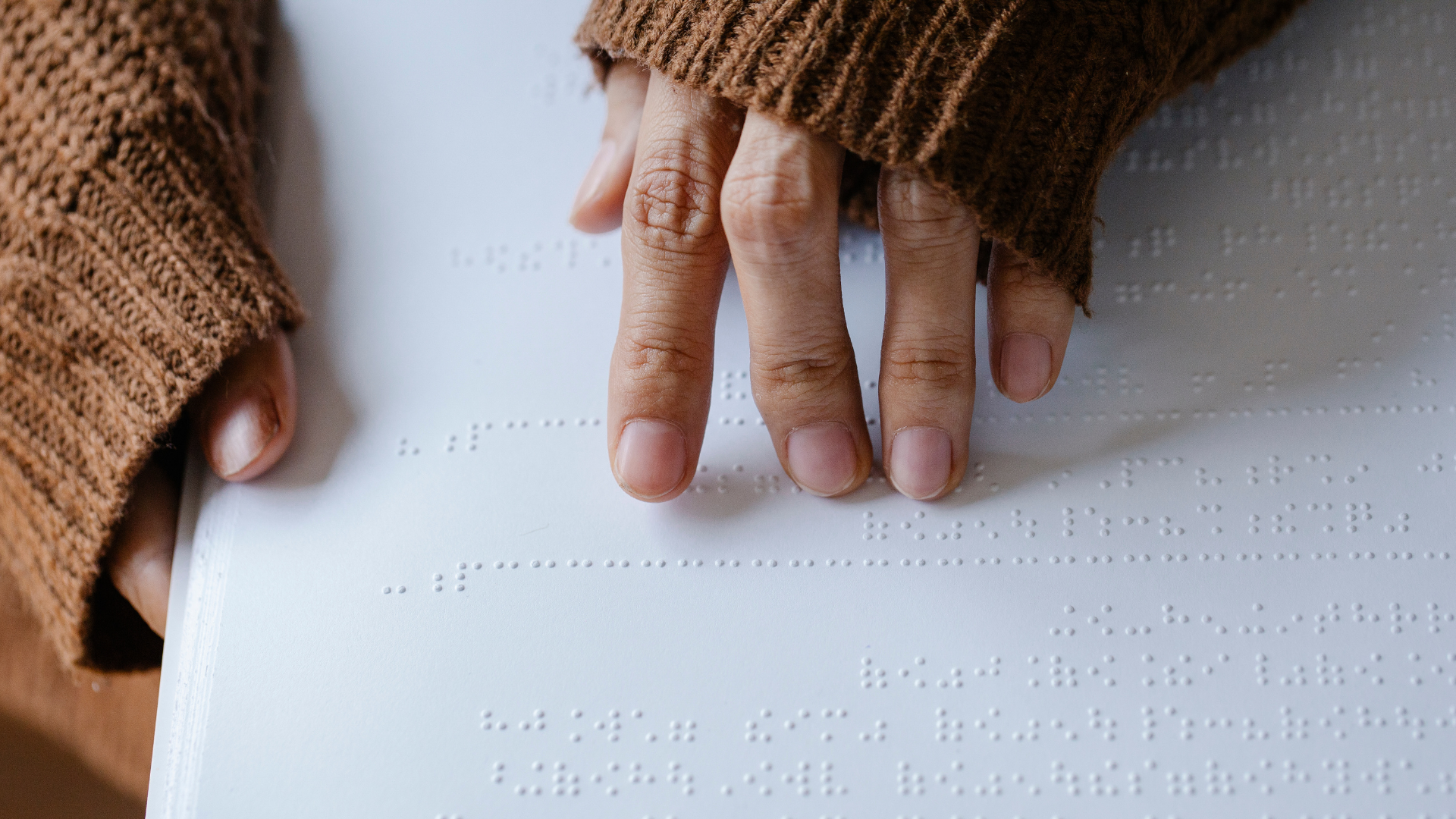 Persons with Disabilities (PWDs) are the world’s largest minority, comprising an estimated 1 billion people. While PWDs make up a large percentage of the population globally, they still face various barriers to employment, including a lack of accommodations needed to perform their jobs effectively. Creating democracies and markets that are equitable and inclusive requires the engagement of all citizens, including PWDs. In the workplace, engaging PWDs has its own merits given that they contribute to organizational diversity that enhances improved decision-making and creativity. There is often a misconception that it would be costly for organizations to adapt to the particular needs of PWDs. However, research indicates that companies that advocate for and support disability inclusion outperform others across financial indices including revenue and net income, while also having higher retention rates and access to an array of talent and skills.
Persons with Disabilities (PWDs) are the world’s largest minority, comprising an estimated 1 billion people. While PWDs make up a large percentage of the population globally, they still face various barriers to employment, including a lack of accommodations needed to perform their jobs effectively. Creating democracies and markets that are equitable and inclusive requires the engagement of all citizens, including PWDs. In the workplace, engaging PWDs has its own merits given that they contribute to organizational diversity that enhances improved decision-making and creativity. There is often a misconception that it would be costly for organizations to adapt to the particular needs of PWDs. However, research indicates that companies that advocate for and support disability inclusion outperform others across financial indices including revenue and net income, while also having higher retention rates and access to an array of talent and skills.
The need for PWD inclusion is especially pressing in emerging markets. According to the UN Development Programme, 80% of PWDs live in developing countries. Poverty prevalent in many of these countries can lead to disabilities as individuals may not always have access to decent health care or stable living conditions. A 2021 report published by the World Bank, “Disability and inclusion in the Latin America and Caribbean region“, for instance, shows that PWDs are more likely to live in informal settlements, be excluded from the labor market, and attend school for a shorter time period. These conditions are present throughout developing countries in other regions as well, resulting in PWDs often having limited access to services and being unable to participate in society fully.
There is also a common assumption that PWDs are unable to work, making them more likely to be self-employed because there is a shortage of opportunities to find paid employment. CIPE’s recent policy brief, “Supporting Women Entrepreneurs with Disabilities in Papua New Guinea”, highlights that self-employment offers for PWDs to earn income without having to face obstacles in a narrow employment market. The policy brief examines the circumstances of women with disabilities (WWDs), presenting business and human rights cases for enhancing entrepreneurial opportunities for WWDs, and offers recommendations on how to drive sustainable and transformative economic development that promotes inclusion and empowerment.
From a global perspective, while strides in diversity and inclusion have been made along the dimensions of gender, sexual orientation, and race, oftentimes disability is excluded. The Organisation for Economic Co-operation and Development (OECD) provides a possible solution to the low participation in the labor market for PWDs that aligns with CIPE’s experience in Papua New Guinea—the potential for them to become entrepreneurs which can contribute substantially to socioeconomic development. However, many barriers to becoming an entrepreneur remain in most countries worldwide, including limited opportunities to participate in training and skill-building workshops, lack of infrastructure and assistive services, and negative public perceptions of PWDs.
The COVID-19 pandemic has deepened pre-existing inequalities, with PWDs being among one of the hardest groups hit. It has also intensified the disparities in digital access for marginalized communities, including PWDs. CIPE has been working with partners to address the impact of the pandemic, including in ways that can help PWD voices be heard through business advocacy and support their needs. For instance, a CIPE partner organization based in Uganda, the Collaboration on International ICT Policy for East and Southern Africa (CIPESA), has been highlighting the importance of empowering PWDs, particularly when it comes to digital inclusion and accessing information and communication technologies (ICTs). Barriers such as low levels of ICT skills, poverty, and the high cost of assistive technologies are shared across Sub-Saharan Africa and beyond. These barriers often come with little transparency on what actions are being taken by governments and the private sector to address these gaps.
Moving forward, CIPE partners and other business and research organizations around the world have an important, continued role to play in emphasizing the empowerment of PWDs by supporting trainings, education, and workplace accommodation, as well as joint efforts with the PWD community to promote inclusion in the workplace. Supporting and advancing the PWD community around the world is an integral part of helping build democracies that deliver, and markets where everyone can have access to economic opportunity.
Published Date: June 01, 2022